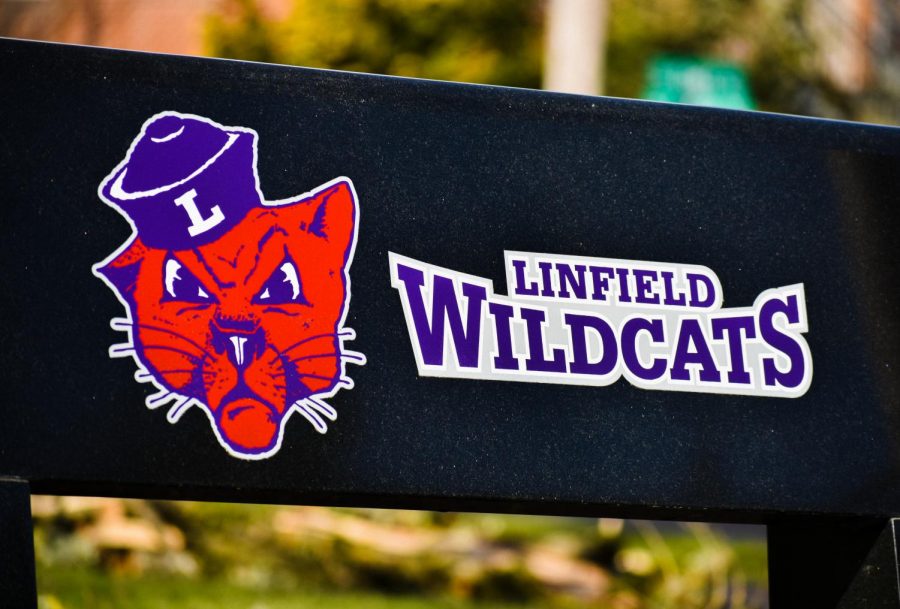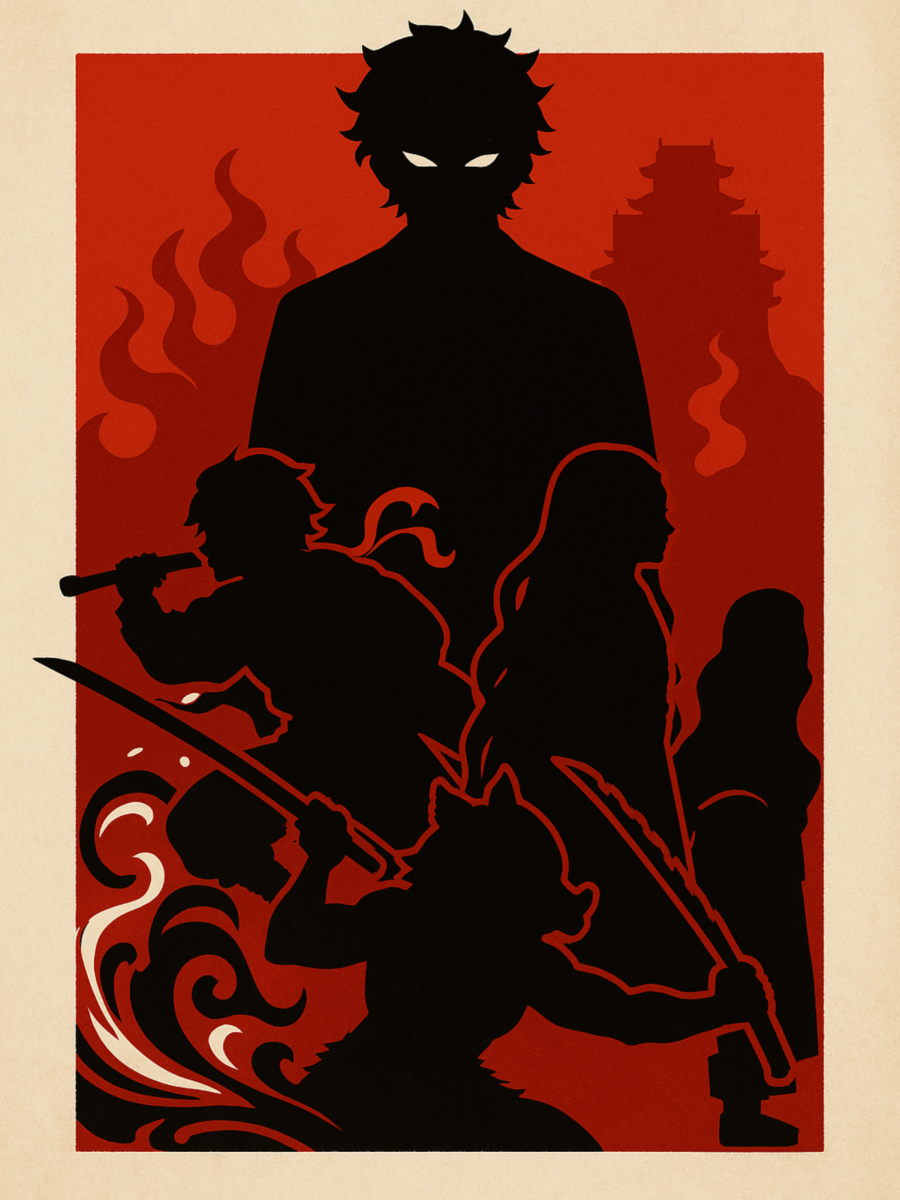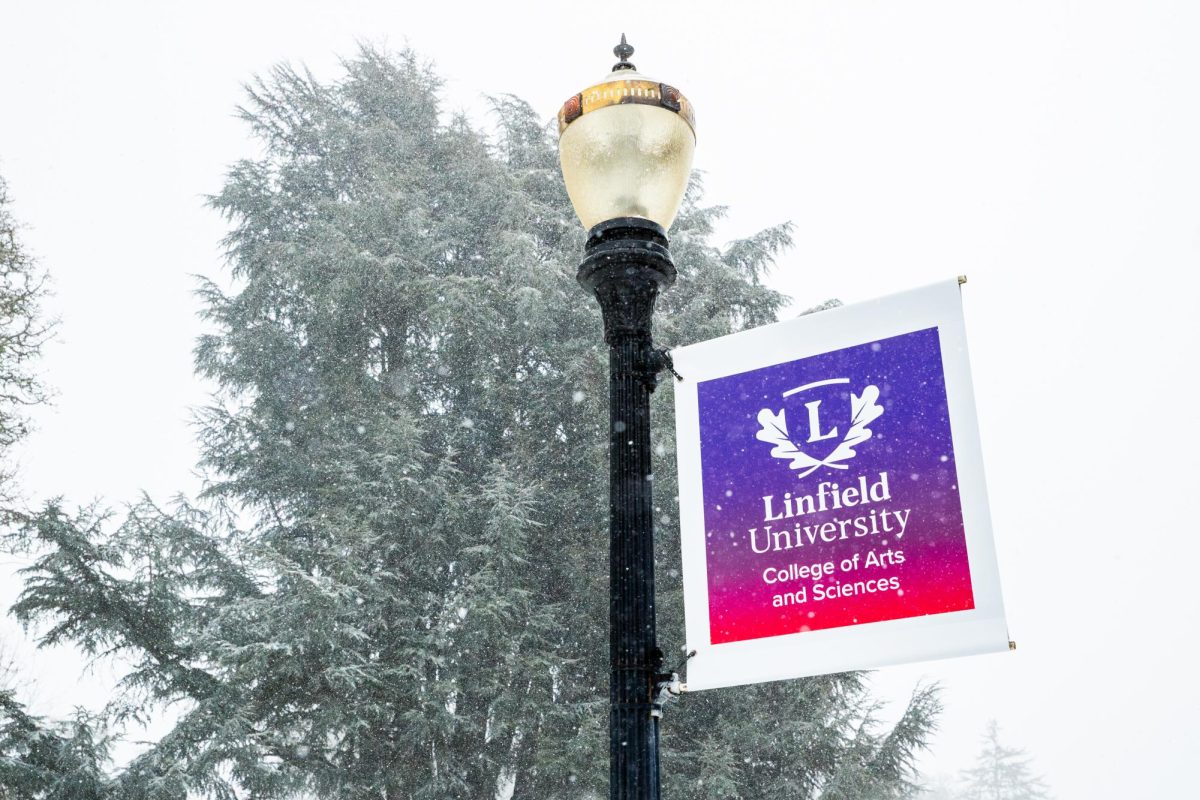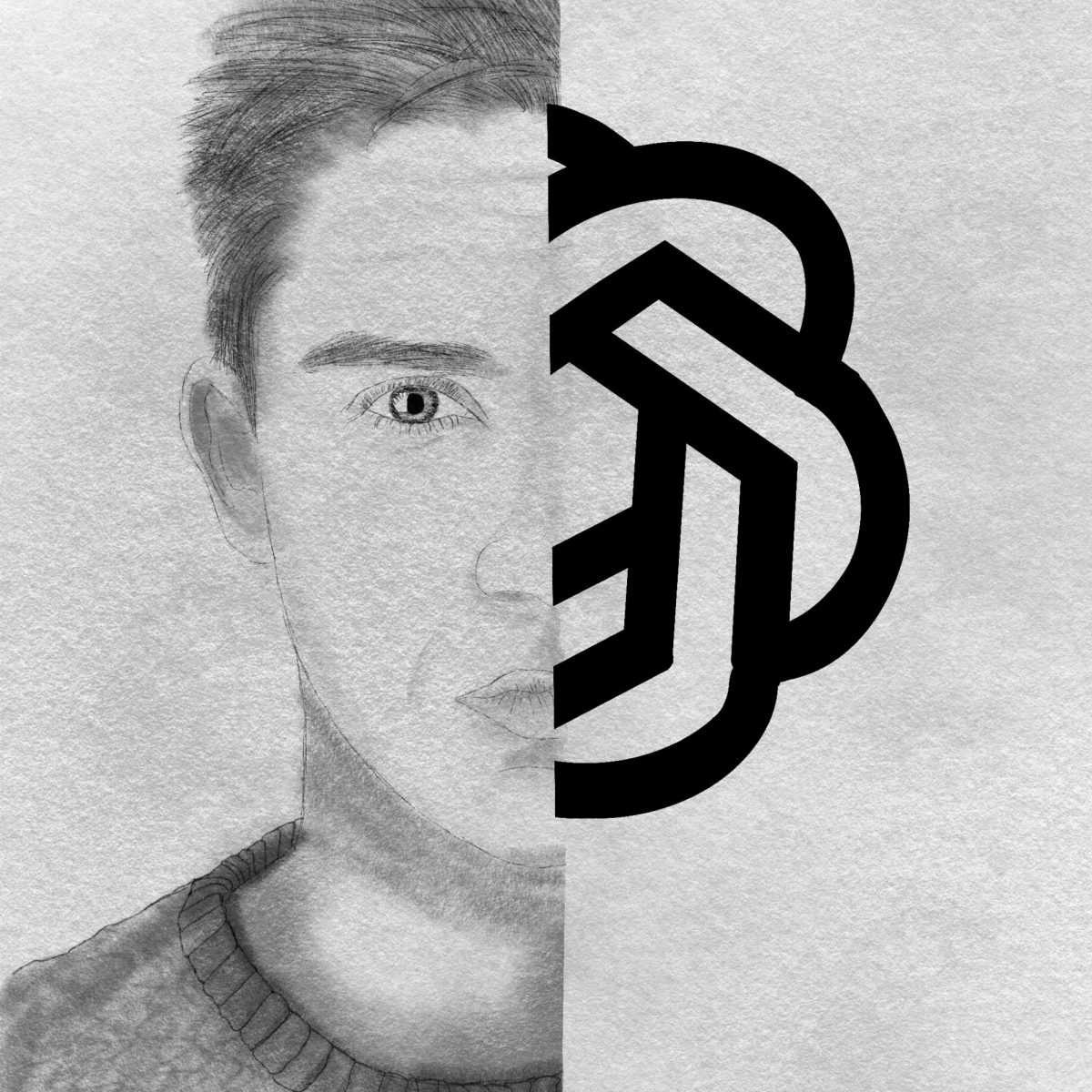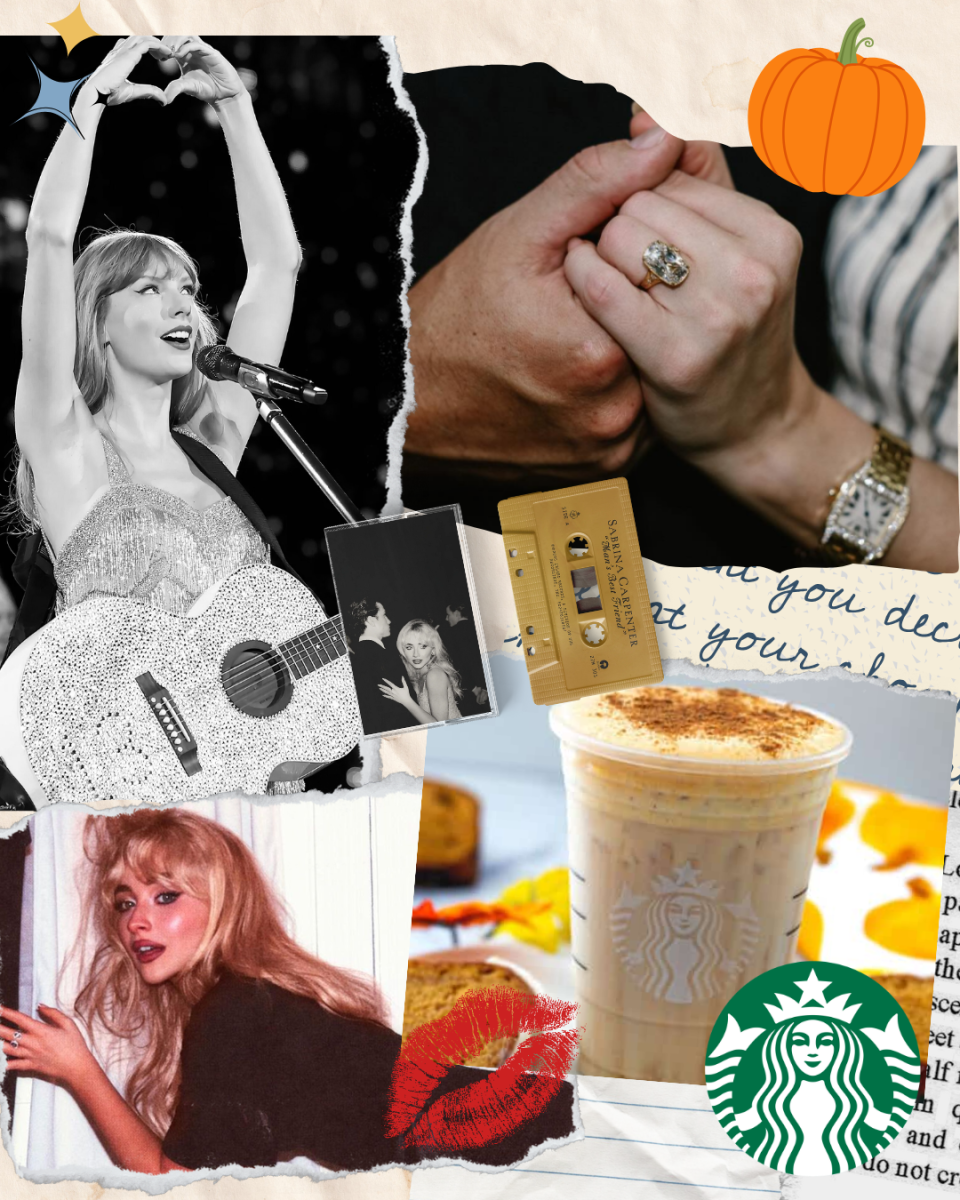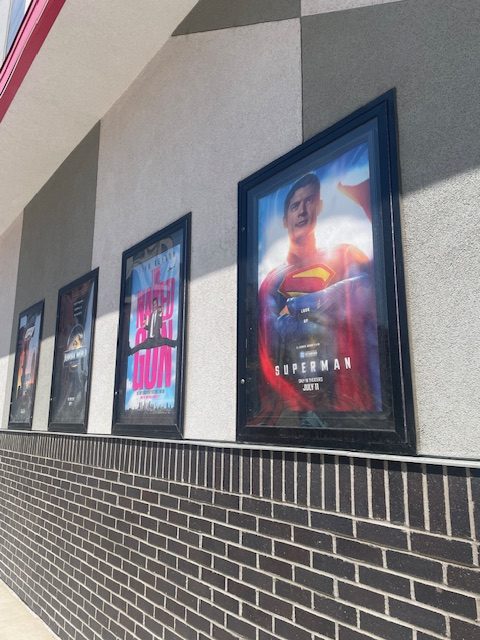The newest animated film, “Frozen,” embodies traditional Disney metaphors in an empowered and modified light by undermining conventional fairytale tropes.
Back in 2013, “Frozen” became the highest-grossing animated film of all time; creating a buzz around Disney’s two new Princesses and they’re still being talked about.
The popularity of this film amongst not only young girls but also men and women across the spectrum of age, is accredited to the unconventional telling of the story of two royal sisters, Anna and Elsa. 2013 was definitely a year of female bravery and protagonists and “Frozen” happens to have two female protagonists.
According to an article of Bitch Magazine, “It’s notable that the last three princess movies (Tangled, Brave, and Frozen) all featured central relationships with two females who are related to each other. It would be nice at some point to explore friendship between girls who aren’t related, but as it is, the two leads have a good and complex relationship.”
“Frozen” is not a story of falling in love, but learning to love. This in itself is untraditional of any Disney princess film. The filmmakers took a traditional fairytale trope of finding true love between a princess and her prince charming and made it about the sisters.
There are many moments of mockery towards falling in love and love at first sight. Such as when Anna wants to immediately marry a prince she’s hardly known for a day -clearly an overused trope in Disney princess fairytales. Elsa doesn’t have some “already been done” romantic storyline, and the film doesn’t end with a happily ever after wedding.
Disney focuses on a stronger message here, true love at the root but not in the classical ways of traditional Disney films. Another fairytale trope that’s undermined in addition to this is the true loves kiss. It’s mentioned, but as the story folds out, the audience grows to see that true love doesn’t have to equate to a prince coming to save the day with his lips.
True love means sacrifice for those we love, and without giving away any spoilers, Anna and Elsa prove this from the beginning to the end.
“I thought the movie was very well done. Best soundtrack Disney has produced in awhile as well. The twists at the end keeps the audience engulfed in the movie until the very last second and it shows a good message that the prince doesn’t always have to save the day in the end.” Sophomore, Elizabeth Malain said after recently seeing the film.
And worthy of some praise and recognition is the mutual consent between Han and Anna when a kiss is taken place, something all too often lost on screen.
On the downside, this film didn’t fix everything that’s wrong with Disney. It raises some questions of beauty standards the fact that the princesses of this film and some past Disney princesses relatively look consistently alike. Not to mention the lack of diversity that’s seen in the film. These drawbacks mirror the standards of media in general. Not even animation wants to defy the status quo when they’re willing to defy they’re own tropes and stereotypes.
This Disney film gives the audience that of its classics: the castles, heroic heroes, princesses, catchy music and the funny (sometimes annoying) sidekick, but there is a lot that’s been modified in the telling of this story. “Frozen” is an evolved Disney story that’s fitting for a new generation. It’s different and much more worthy of being called family entertainment.
Special Lovincey Columnist
Special Lovincey can be reached at linfieldreviewculture@gmailcom

